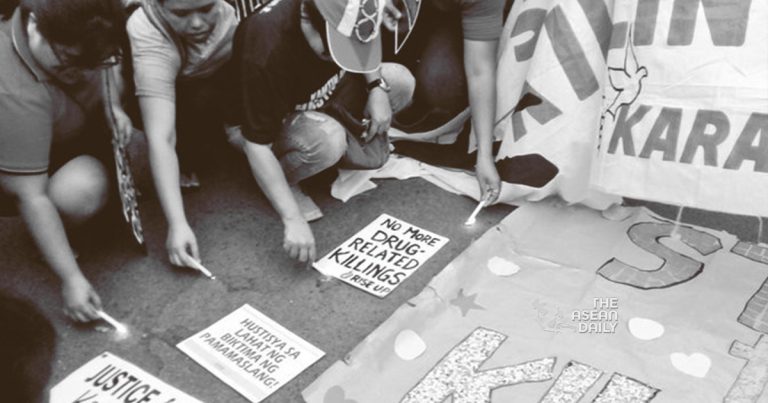27-3-2024 (MANILA) Residents of Davao City have long endured a wave of violence, and Mayor Sebastian “Baste” Duterte’s recent declaration of war against illegal drugs is feared to exacerbate the situation. According to monitoring by the Dahas Project of the University of the Philippines’ Third World Studies Center, there have been at least 97 drug-related killings in the city since July 2022, averaging one per week since Duterte assumed office. Of these, 96 were attributed to state agents, indicating a concerning trend of state-sanctioned violence.
The Dahas Project, the sole initiative systematically tracking drug-related killings in the Philippines, has highlighted Davao City as a significant hotspot, with the latest death toll accounting for 16% of such killings nationwide under the current Marcos administration. Most victims are low-level drug peddlers, underscoring the vulnerability of marginalized communities to state violence.
Mayor Duterte’s rhetoric mirrors that of his father, urging alleged drug personalities to leave the city or face dire consequences. Human Rights Watch (HRW) has expressed concern that this declaration will only exacerbate violence and perpetuate impunity, particularly given the Duterte family’s entrenched influence in the city.
The enduring violence in Davao City is a legacy of the elder Duterte’s tenure, characterized by extrajudicial killings allegedly carried out by the notorious Davao Death Squad (DDS). Despite international scrutiny and investigations, the culture of impunity persists, with thousands of lives lost in the name of the so-called war on drugs.
As the ICC investigates allegations of crimes against humanity, including killings in Davao City, the onus is on the Marcos administration to address the rampant violence and ensure accountability for past and present atrocities. The city cannot continue to be a battleground for unchecked state violence, and decisive action is needed to protect the rights and lives of its residents.




